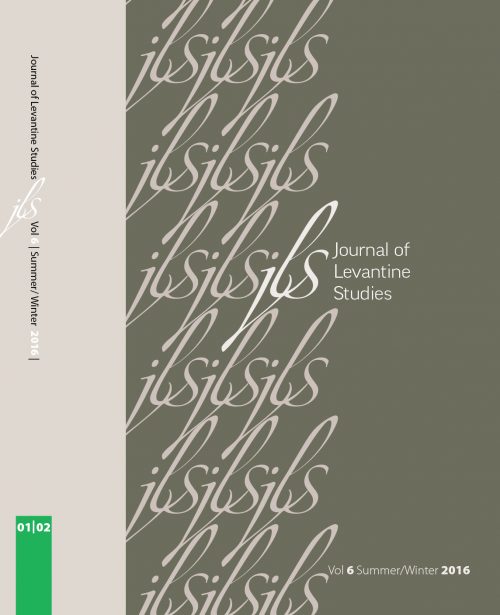-
Add to cartQuick view
Papal Power, the Portuguese Inquisition, and a Consilium of Cardinal Pier Paolo Pariseo
Free!The traditional picture painted by Alexandre Herculano portrays the interactions between the papacy and King John III of Portugal, which ended in the establishment of the Portuguese Inquisition and the free hand given to it, as the product of cynicism. The vagaries of the papal court certainly intervened. However, by reexamining the tens of papal letters issued concerning the Inquisition’s origins, many of which Herculano may not have seen, one comes to a different conclusion, one reinforced by a consilium (in fact, two that are read as one) by the Bolognese professor of law and eventual cardinal, Pier Paolo Pariseo. Composed at papal request, this consilium insists on pardoning, as the pope wished, those converted in 1497, because coacti fuerunt (they were forced), words that appear in the papal letters as well. The history of forced conversion gives reason to assume both pope and professor were sincerely perturbed. More, both were insistent on reinforcing the idea of papal supremacy in matters mere ecclesiasticum, as well they should have been. For the drama of the Inquisition took place parallel to the great struggle of the pope with Henry VIII of England, who claimed, in so many words, such powers for himself. Moreover, Henry VIII, because he remained theologically a Catholic, was a greater threat in many ways than Luther. Would the Portuguese monarchy, and perhaps others, follow Henry, leaving the pope truly powerless?
Add to cartQuick view -
Add to cartQuick view
Conversos, Finance, and Military Campaigns in the Reign of Ferdinand the Catholic: A View from Sicily
Free!The present paper examines the role played by high-placed converts in Sicily in the late fifteenth and early sixteenth centuries, in order to identify patterns of converso involvement in royal finances and state economy while offering an opportunity for tracing the beginnings of the advantageous relationship between king, court, and conversos. The protagonists of this discussion are Aloysio Sánchez, who acted as banker and treasurer to King Ferdinand the Catholic in Sicily, and the physician Ferrando de Aragona, the leader of the Sicilian “converso community” (universitas neophitorum). Aloysio Sánchez and Ferrando de Aragona were both instrumental in financing the Spanish military campaigns in the Italian south in 1494 and in North Africa in 1510. A better understanding of the roles played by these Sicilian-based conversos can shed light on some of the political and military developments of the last decade of Ferdinand’s reign. Ultimately, this paper argues that the high positions held by certain converts and their close ties to the influential figures of their time helped ensure their survival and continuing prosperity despite accusations of heresy.
Add to cartQuick view -
Add to cartQuick view
Papal Bulls and Converso Brokers: New Christian Agents at the Service of the Catholic Monarchy in the Roman Curia (1550-1650)
Free!This paper analyzes the presence of the New Christian minority within the system of curial agencies, a key structure for the interests of the Catholic monarchy in Rome. It was a stable network of agents that reflected the multiplicity of territories under the sovereignty of the Spanish Habsburgs and worked alongside the Spanish embassy to the Holy See. Factors explaining the significant converso presence and the curial dynamics behind the creation of the system of agencies are examined, illustrating the operation thereof through various case studies, with special attention to Portugal’s agency. A transversal approach is employed in the study of this system, which has been very poorly understood until now.
Add to cartQuick view
- Home
- About JLS
- Issues
- Vol. 9 No. 1 | Summer 2019
- Vol 8 No 2 Winter 2018
- Vol. 8, No. 1: Summer 2018
- Vol. 7, No. 2: Winter 2017
- Vol. 7, 1: Summer 2017
- Vol. 6, Summer/Winter 2016
- Vol. 5, No. 2 Winter 2015
- Vol. 5, No. 1 Summer 2015
- Vol. 4, No. 2 Winter 2014
- Vol. 4, No. 1 Summer 2014
- Vol. 3, No. 2 Winter 2013
- Vol. 3, No. 1 Summer 2013
- Vol. 2, No. 2 Winter 2012
- Vol. 2, No. 1 Summer 2012
- Vol. 1, No. 2 Winter 2011
- Vol. 1, No. 1 Summer 2011
- Blog
- dock-uments
- Subscribe
- Submit
- Contact


